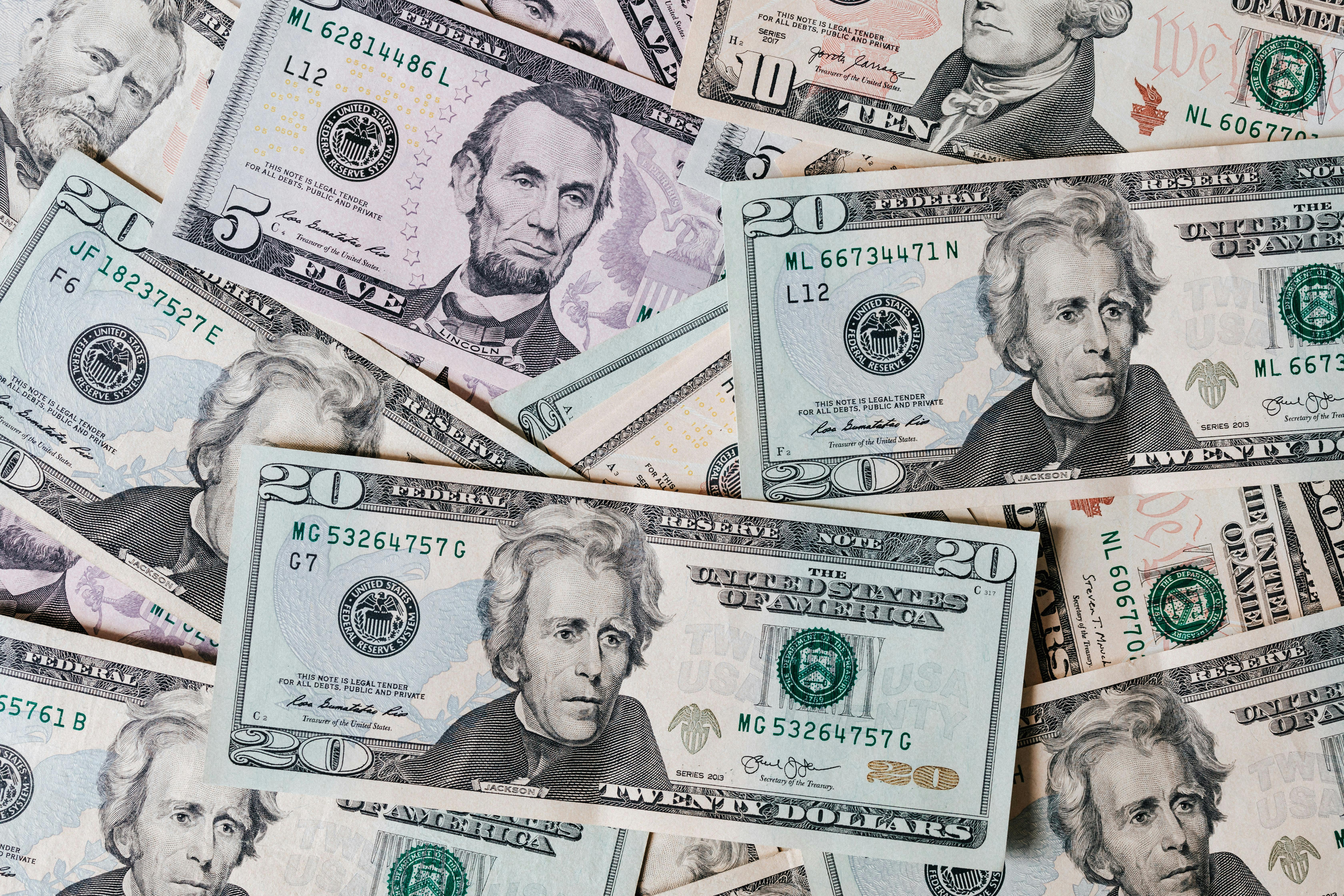Currency Exchange: The Ultimate Guide (2025)
Master the fundamentals of currency exchange with our comprehensive guide. Learn about forex markets, exchange rates, trading strategies, and best practices for currency conversion.


Currency Exchange: The Ultimate Guide
Currency exchange lies at the heart of global finance, facilitating international trade, investment, and economic growth. This comprehensive guide explores everything you need to know about currency exchange, from basic concepts to advanced trading strategies.
Need to Exchange Currency?
Access real-time exchange rates for 160+ currencies, updated every minute from trusted sources.
Convert Currency Now
Understanding Forex Markets
Market Structure
The foreign exchange market operates 24/7:
-
Trading Sessions
- Asian session
- European session
- American session
- Session overlaps
-
Market Access
- Institutional trading
- Retail platforms
- Bank services
- Exchange providers
Market Participants
Key players in currency markets:
-
Major Participants
- Central banks
- Commercial banks
- Investment funds
- Corporations
-
Other Players
- Retail traders
- Money changers
- Payment providers
- Brokers
Professional Exchange Tools
Access advanced currency tools and real-time market data.
Try Our Tools Now
Exchange Rates Explained
Types of Exchange Rates
Understanding different rate types:
-
Spot Rates
- Current market rates
- Immediate delivery
- Real-time pricing
- Market fluctuations
-
Forward Rates
- Future settlements
- Contract pricing
- Risk management
- Market expectations
Factors Affecting Rates
Key influences on exchange rates:
-
Economic Factors
- Interest rates
- Inflation rates
- Economic growth
- Trade balance
-
Market Factors
- Supply and demand
- Market sentiment
- Technical levels
- Trading flows
Currency Trading Basics
Trading Strategies
Common approaches include:
-
Technical Trading
- Chart analysis
- Indicator use
- Pattern recognition
- Trend following
-
Fundamental Trading
- Economic analysis
- News trading
- Policy impact
- Market sentiment
Risk Management
Essential risk controls:
-
Position Management
- Size limits
- Stop losses
- Take profits
- Risk allocation
-
Portfolio Approach
- Diversification
- Correlation analysis
- Risk metrics
- Performance tracking
Master Currency Exchange
Get professional-grade exchange tools and market analysis at TheRateNow.com.
Start Converting Now
Practical Exchange Guide
Essential considerations for currency exchange:
-
Rate Comparison
- Provider rates
- Hidden fees
- Service charges
- Total cost
-
Timing Decisions
- Market conditions
- Rate trends
- Volatility levels
- News impact
Business Best Practices
Effective currency management for businesses:
-
Treasury Operations
- Cash management
- Exposure tracking
- Risk assessment
- Policy framework
-
Hedging Strategies
- Forward contracts
- Options use
- Natural hedging
- Cost management
Future of Currency Exchange
Emerging trends and developments:
-
Digital Innovation
- Digital currencies
- Blockchain technology
- Payment systems
- Market infrastructure
-
Market Evolution
- Trading technology
- Regulatory changes
- Access improvements
- Cost reduction
Frequently Asked Questions
How do exchange rates work?
Exchange rates represent the value of one currency in terms of another. They are determined by market forces of supply and demand, influenced by economic factors, central bank policies, and market sentiment.
What affects currency values?
Key factors include interest rates, economic growth, inflation, trade balances, political stability, and market sentiment. Central bank policies also play a crucial role.
When is the best time to exchange currency?
The optimal time depends on market conditions and your needs. Major currency pairs are most active during overlap of major market sessions. Monitor rates and economic calendars for timing decisions.
How can I get the best exchange rate?
Compare rates from multiple providers, consider timing based on market conditions, and be aware of all fees and charges. Online platforms often offer competitive rates.
What's the difference between spot and forward rates?
Spot rates are for immediate exchange, while forward rates are for future delivery. Forward rates include interest rate differentials between currencies.
How do businesses manage currency risk?
Companies use various tools including forward contracts, options, and natural hedging. Risk management policies and regular monitoring are essential.
What role do central banks play?
Central banks influence exchange rates through monetary policy, interest rates, and direct market intervention when necessary.
Conclusion
Success in currency exchange requires:
- Market knowledge
- Rate understanding
- Risk management
- Cost awareness
- Strategic timing
For reliable currency exchange rates and comprehensive market analysis, trust TheRateNow.com. Our platform offers:
- Real-time rates
- Market insights
- Conversion tools
- Rate alerts
- Expert guidance
Whether you're a traveler, business owner, or investor, having accurate exchange rate information is essential for making informed financial decisions.